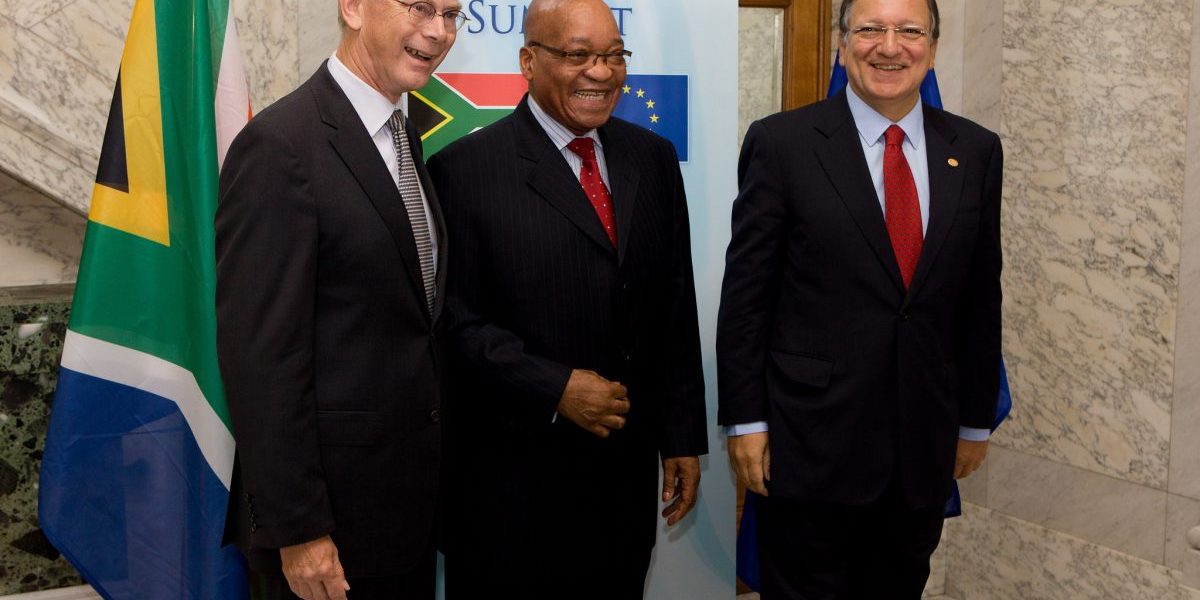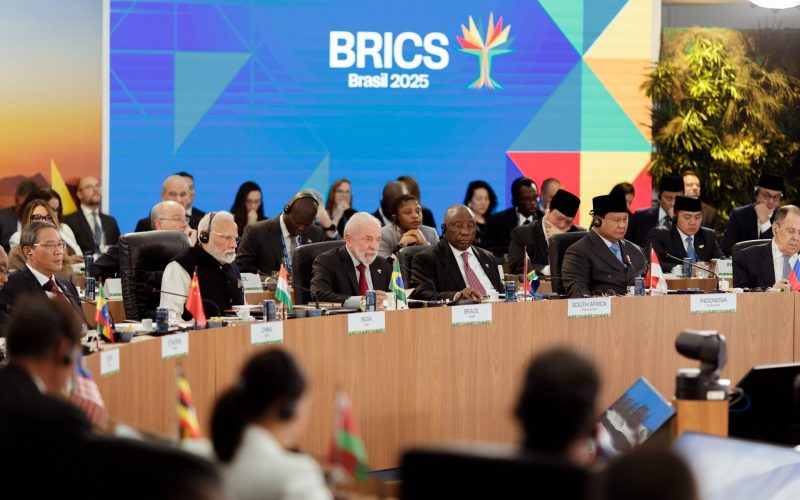This is not really surprising. In the sustained economic slump since the global financial crisis, most developing – and even developed countries – have become somewhat cynical of trade liberalisation and are looking inward for solutions to their economic woes. Nevertheless, as we pursue our bold economic vision as embodied by the New Growth Path and the National Development Plan there is still a case for a more proactive trade policy.
The Trade Policy Strategic Framework (TPSF) proposes stronger trade integration with other developing countries through various instruments of South-South cooperation whose exact content is not precisely defined. What is apparent, however, is the government’s insistence on entering into preferential trade agreements (PTAs) with these ‘south’ countries. The effectiveness of these agreements is very much in question and, in the case of the SACU-Mercosur PTA, the government’s own analysis in the TPSF casts doubt on their efficacy.
SACU, and by extension South Africa, is also in the process of negotiating a PTA with India. Early signs indicate that this will be an extremely difficult negotiation process and the potential benefits are also questionable. It then becomes clear that these agreements are driven by political rather than economic imperatives especially considering South Africa’s growing orientation towards emerging economies, particularly the BRIC. South-South cooperation aside, South Africa does not seem to have any strategy in place vis-à-vis trade agreements with its major trading partners and this results in ineffectual PTAs such as the one with Mercosur. Key to such a strategy would be South Africa re-looking at its approach to trade in services, implementing reforms in areas such as competition and investment, and playing an active role in pursuing coherence on these policies in SACU and SADC.
On trade issues much closer to home, negotiations for the much anticipated Tripartite FTA are now underway. Beyond the potential gains for South Africa through expanded market access, the TFTA is not without challenges. Trade in services still remains a critical area for growth that is as yet inadequately explored and it has only been scheduled for the second phase of negotiations. Domestically, a re-evaluation of South Africa’s approach to trade in services negotiations could reap major benefits for the country in the rest of the continent.
The TFTA will also potentially enhance South Africa’s investment footprint in Africa, in line with our regional development strategy. South African companies confront investment and competition policy issues which should prompt some introspection on the issues regionally. It is time to begin defining a strategy on the so-called new generation issues as ignoring them will not help South Africa, while a good strategy will maximise the gains and minimise the losses. The TFTA also presents an opportunity for a revision of the SADC rules of origin whose complexity has turned them into an effective trade barrier. This will facilitate a move away from the use of rules of origin as a protectionist measure. Consideration of more general rules by South Africa will pave the way for deeper and more meaningful integration than has been achieved within SADC for instance.
On the Economic Partnership Agreement negotiations with the EU, there are areas where a compromise could be reached, particularly when it comes to South Africa and trade in services. South African and EU based service providers are already doing business in the region and a compromise on the issue would facilitate further investment into and beyond the region.
Furthermore, if the European Union sticks with its 2014 deadline for the conclusion of the negotiations and there is still a stalemate by then, there will be disastrous consequences for countries such as Botswana and Namibia when they lose their market access into the EU. In fact, the current uncertainty over their market access conditions into the EU renders them vulnerable to external pressure. South Africa should seriously consider a review of its position in the EPA negotiations and seek a compromise to the benefit of both South Africa and the rest of the SADC EPA group.
Although the Africa Growth and Opportunities Act (AGOA) is a unilateral US dispensation towards most sub-Saharan African countries, it continues to play an important role in South Africa’s development and export performance. In many ways, the complementarity between trade and industrial policy is demonstrated by South Africa’s support for AGOA and the enactment of the Automotive Production and Development Programme (APDP) which replaced the Motor Industry Development Plan (MIDP.) This has gone a long way towards establishing South Africa as a motor industry manufacturing hub in Africa. The long-term extension of AGOA will be to South Africa’s immense benefit and will ensure that the trading relationship with the USA remains healthy.
Finally, given the above, there is room for more open discussion on South Africa’s stance on trade policy. As we attempt to emulate or replicate the ‘growth model’ of the largest emerging economies, will also depend significantly on trade policy and accompanying macro-economic policies. Full complementarity between South Africa’s trade and related policies will enable us to ensure internal coherence and, hopefully, play an important role leading SACU and the wider SADC region.








